We were lucky to catch up with John Simmons recently and have shared our conversation below.
John, appreciate you joining us today. How did you come up with the idea for your business?
My business partner and I had intended on launching a THC beverage in the cannabis/dispensary world back in 2017. We went to the MJ Cannabis Trade show in Las Vegas to explore the category and landscape…and it struck us that we should do a CBD beverage instead. We felt that the beverage format was not quite ready, given the current evolution of the marijuana market. We saw the momentum behind the CBD category at large, whereas all of those CBD product formats were in tincture or topical form. Of note to us was the CBD pet category, which is where we drew inspiration on the efficacy that was present for pets and pet owners. Additionally, we dove into the clinical trials that had been conducted outside of the US and the work that Charlotte’s Web had done with alleviating the symptoms of certain forms of epilepsy. Luckily, being in Colorado turned out to be an advantage. “Not only was it the first state to legalize recreational marijuana, but it also had the first protections for food and beverage.” Expanding to other states has posed difficulties, with different regulations and enforcement. That, along with disparities between federal and state laws, quickly became the biggest hurdles to face. Back in Colorado, there were companies like Charlotte’s Web paving the way for consumer education on CBD and its health benefits.
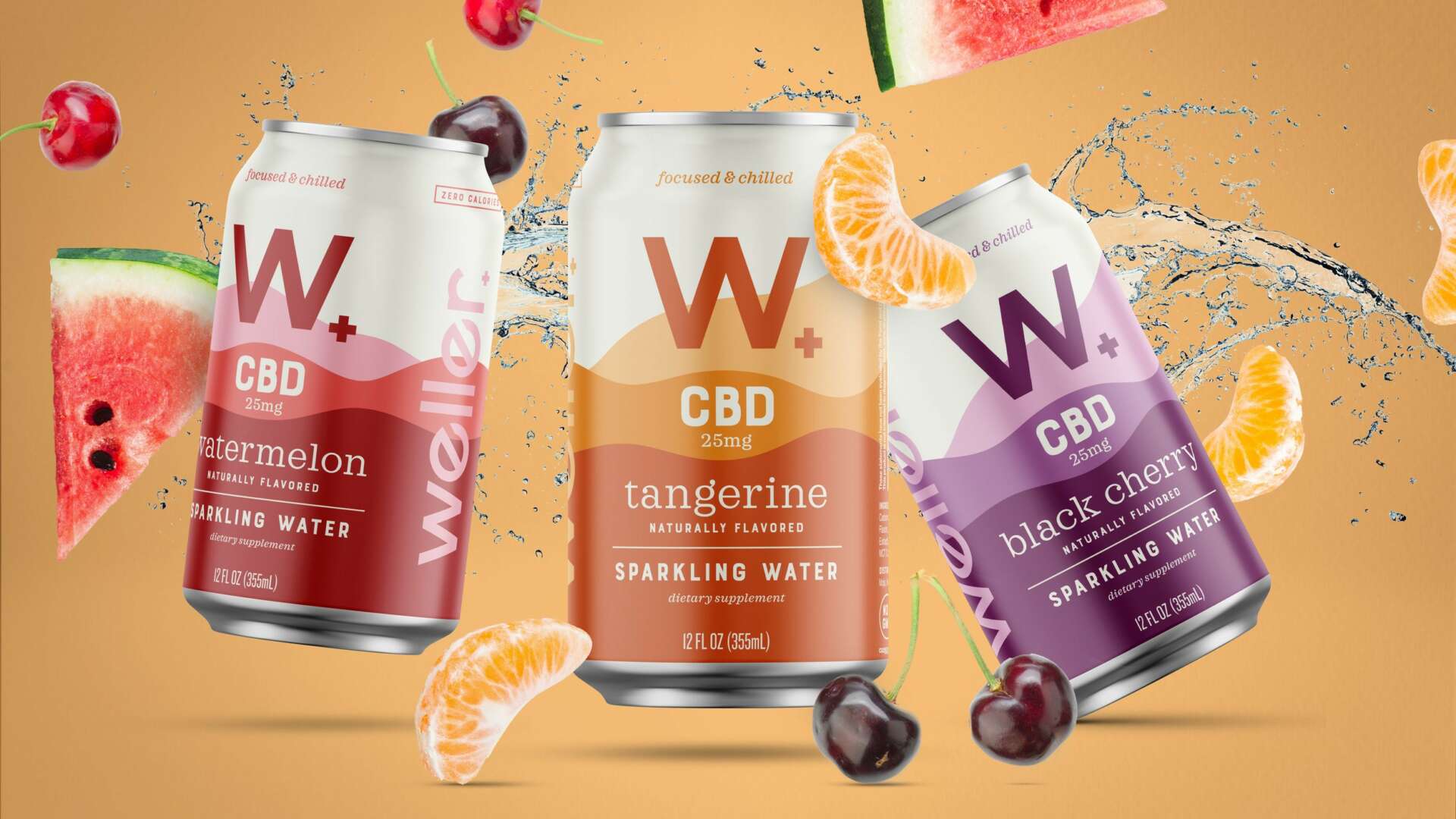
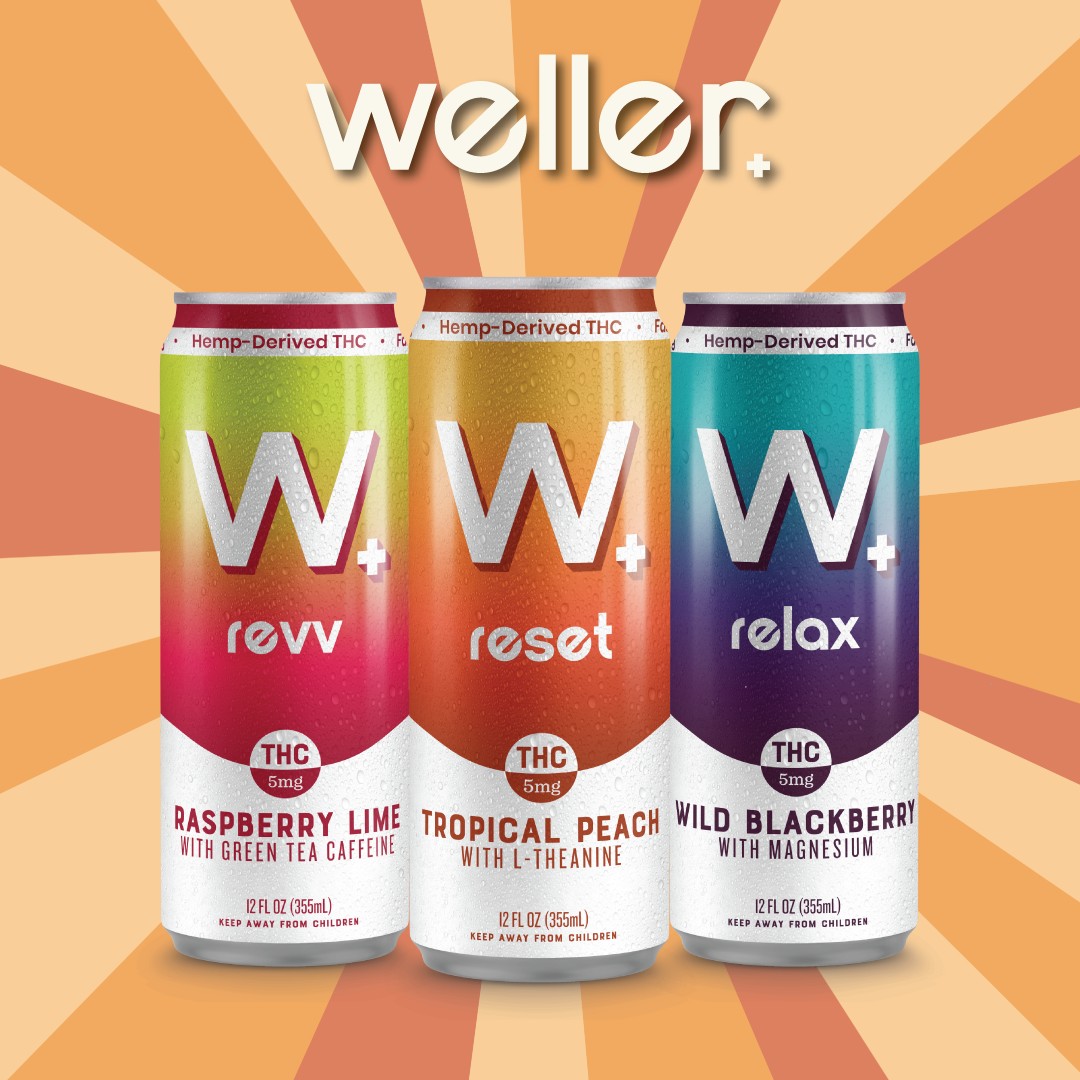
Great, appreciate you sharing that with us. Before we ask you to share more of your insights, can you take a moment to introduce yourself and how you got to where you are today to our readers.
I grew up with a healthy lifestyle and was drawn to natural products from an early age. After I graduated from the University of Colorado Boulder, I co-founded a chai tea company, Third Street Chai, that we grew for over 20 years until it became one of the top two chai companies in the country. Back in 1998, when we were starting Third Street Chai, there were very few natural products and there wasn’t a natural products network like there exists now with Naturally Boulder and its affiliates. Some notable pioneers in the industry that were paving the way were Justin Gold of Justin’s Nut Butter, Mark Retzloff of Horizon, and Mo Siegel of Celestial Seasonings. I recall having to be creative and lean into my friends and fellow entrepreneur network to find opportunities. Looking back on those periods of time, I’m most proud of being apart of creating and growing the natural product industry. At Third Street, we embraced the goal of being 100% organic and using 100% fair-trade certified tea and spices from around the world. Having an impact (increasing wages) for farmers around the world was gratifying and an immensely rewarding experience.
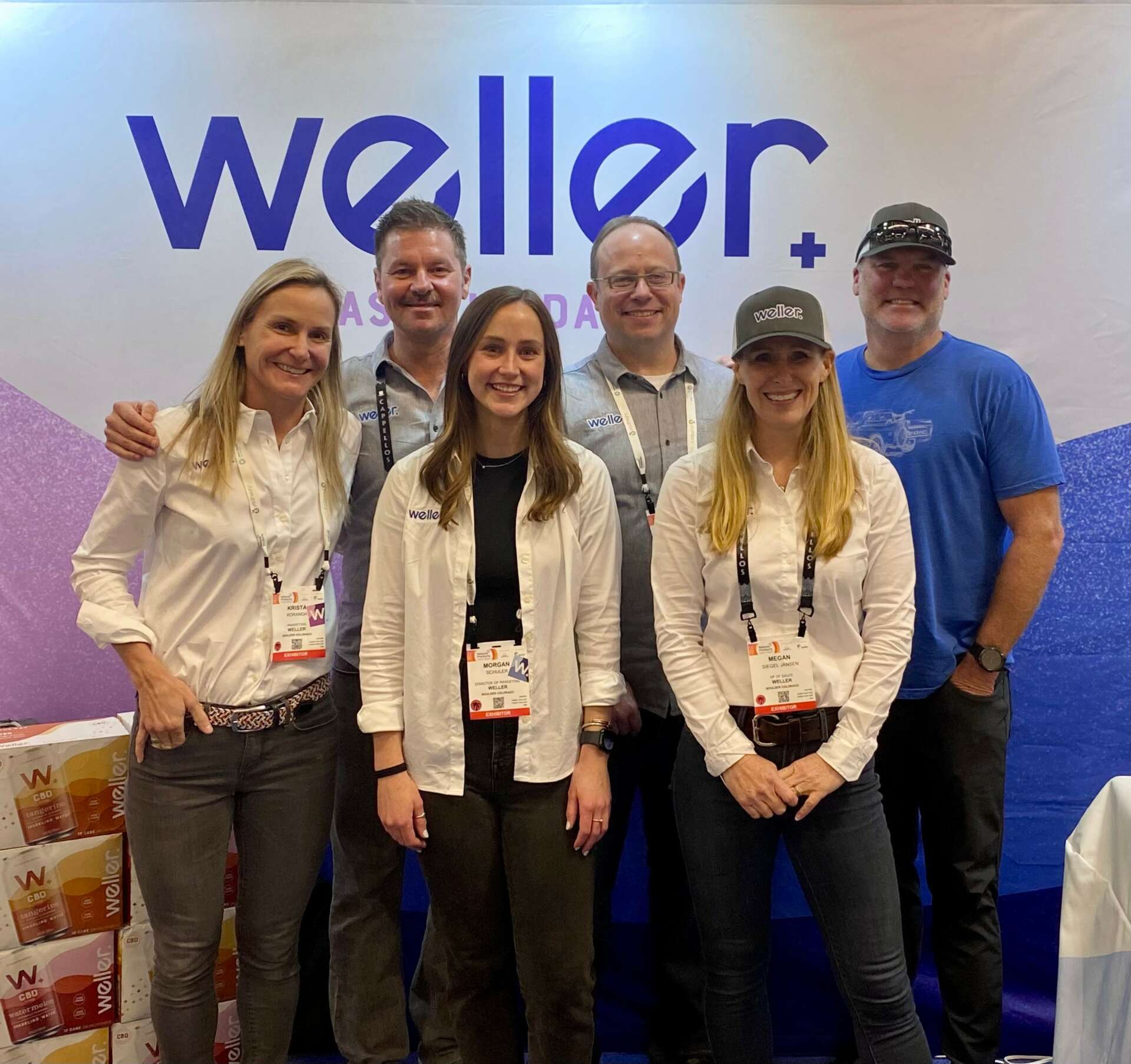
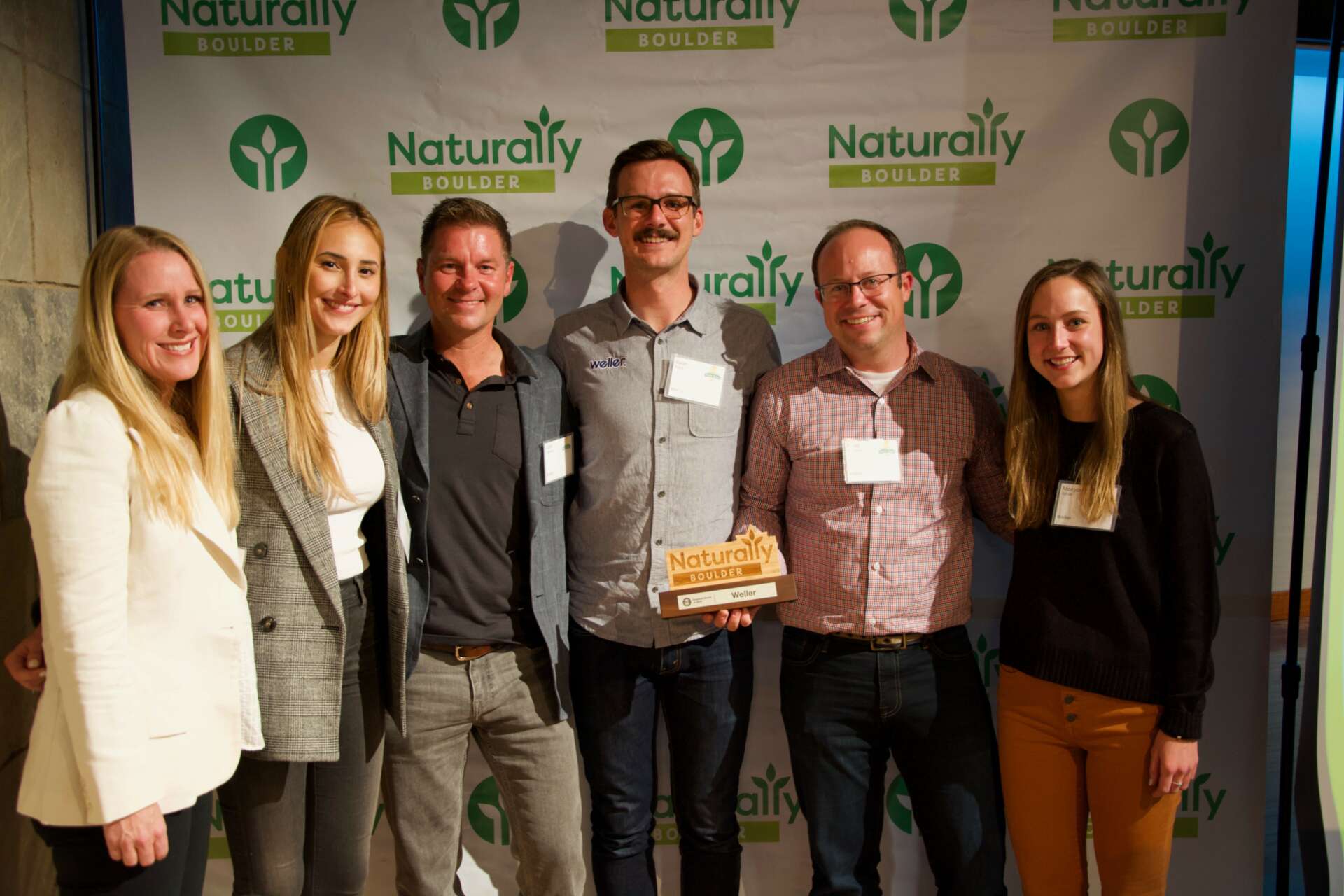
Can you talk to us about manufacturing? How’d you figure it all out? We’d love to hear the story.
For a startup CPG company, choosing whether to co-manufacture or self-manufacture is a very impactful decision. I have experience doing both. The quick answer is that this decision depends on your specific product requirements, your amount of resources, and the bandwidth of your startup team. With my first venture, Third St Chai, we didn’t have the option of using a co-packer, because there wasn’t an existing co-man operation that was using our specific process to make chai. This was the early days of chai, and most people didn’t even know what chai was. So, we had to bootstrap and engineer a system that could brew loose spices and tea, then filter out the large solids before we hot-filled our glass bottles. We had to continually upgrade our capacity and ultimately, we created a brewing system that was very unique to chai. Although this operations journey was expensive, full of lessons, and time-consuming, our unique system allowed us to make many other brands of chai and private labels chai. This allowed for a diversified revenue stream and created a supply side advantage of lower ingredients costs. This is because we achieved a purchasing economies of scale by supplying all of our customers with packaging materials and ingredients.
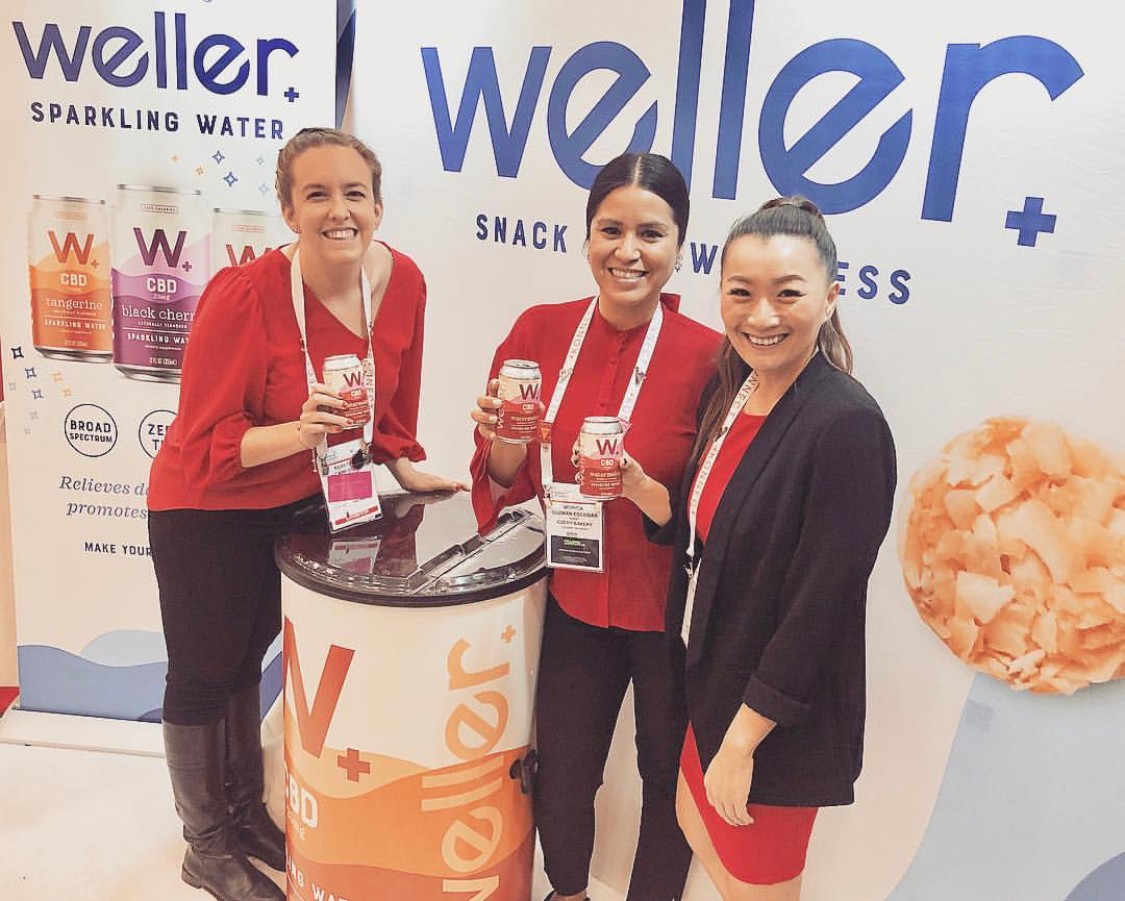
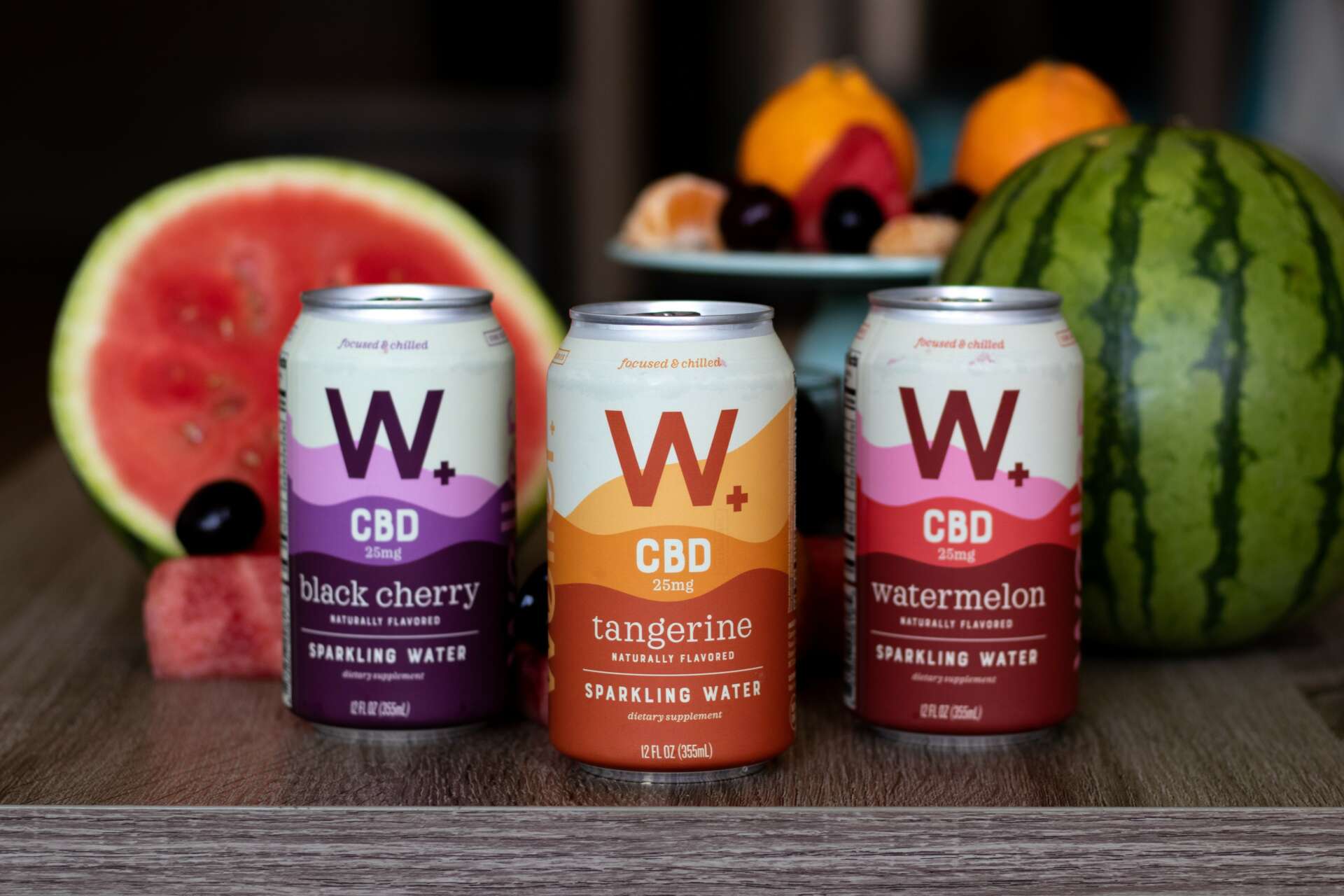
Alright – let’s talk about marketing or sales – do you have any fun stories about a risk you’ve taken or something else exciting on the sales and marketing side?
One of my favorite marketing stories was the creation of a limited time only (LTO) product called Festivus Chai. What began as somewhat of a ruse, and funny/clever idea, became an annual, seasonal product line that enjoyed a 5-year run as a national item at Whole Foods. The word ‘Festivus’ was popularized by the TV show, Seinfeld. What is signifies, is a holiday tradition that fits outside of the traditional religious holidays (Christmas, Hanukkah, Kwanzza, etc…). The label and flavor assortment was updated each and every year, and added a bit of fun to the otherwise predictable amount of holiday items that appear in grocery stores every year.
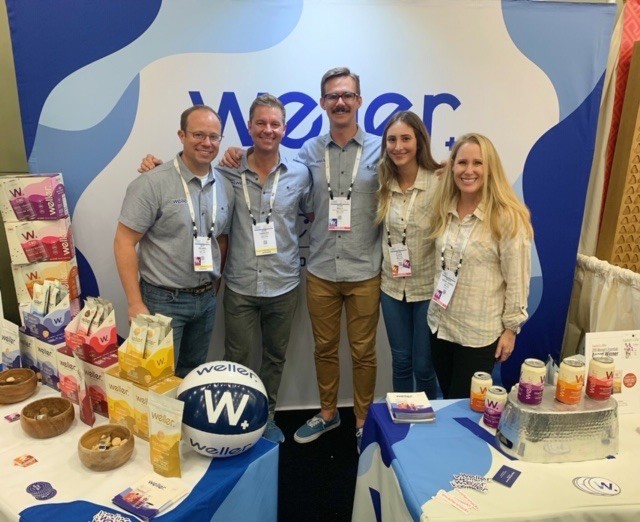
Contact Info:
- Website: www.welleryou.com
- Instagram: @drinkweller
- Facebook: https://www.facebook.com/drinkweller
- Linkedin: https://www.linkedin.com/company/drinkweller


